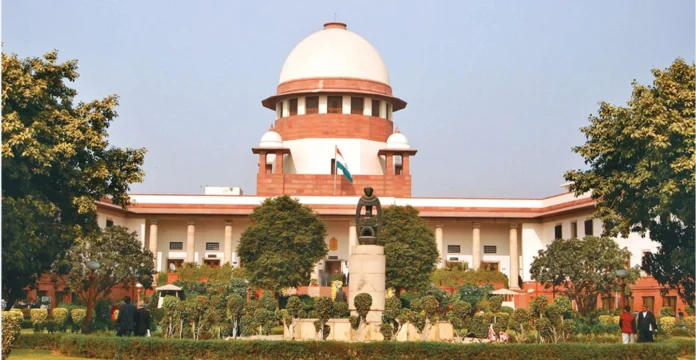The Supreme Court has stayed the Kerala High Court order, which directed the Central government to procure medicines worth Rs 18 lakh for treatment of the rare disease – Spinal Muscular Atrophy (SMA), as a one-time measure.
The Bench of Chief Justice of India Sanjiv Khanna and Justice Sanjay Kumar asked the Centre to explore the possibility of subsidising the drug.
The Apex Court passed the order on February 24 on a petition challenging a verdict passed by the Division Bench of the High Court.
The Division bench clarified that the single-judge Bench judgment directing the Central government to procure expensive drugs for treating a patient with the rare disease Spinal Muscular Atrophy would not amount to a binding precedent for other similarly situated patients.
The High Court passed the order on a petition filed by a 24-year-old suffering from SMA, against the overpricing of the life-saving medicine, Risdiplam.
At present, the top court of the country is seized of a batch of petitions filed by parents of children suffering from Muscular Dystrophy (also a rare disease), seeking policy for free treatment of the disease.
On December 9, 2024, the Apex Court stayed the Delhi High Court order, which directed the removal of a cap of Rs 50 lakh for the treatment of rare diseases, declaring it to be a flexible one.
The Apex Court on Monday also issued notice on the present SLP filed by the Government of India.
The Counsel appearing for the respondents apprised the Bench that China and Pakistan negotiated to bring down the price of the medicines used in the treatment of rare diseases.
The Apex Court asked the parties to explore the possibility of getting in touch with the company manufacturing these drugs, enabling treatment for the patients suffering from the said disease.
Noting that 900 individuals were similarly suffering from these rare diseases., the Bench directed the Union government to explore international negotiations for more affordable treatment.
The Counsel appearing for the Central government, however, pointed out that these doses were custom-made as per the patient’s requirement on a monthly or bi-annually basis.
The Apex Court consequently allowed the respondents to place on record details of various other countries that managed to get the rates of the drugs subsidised.


